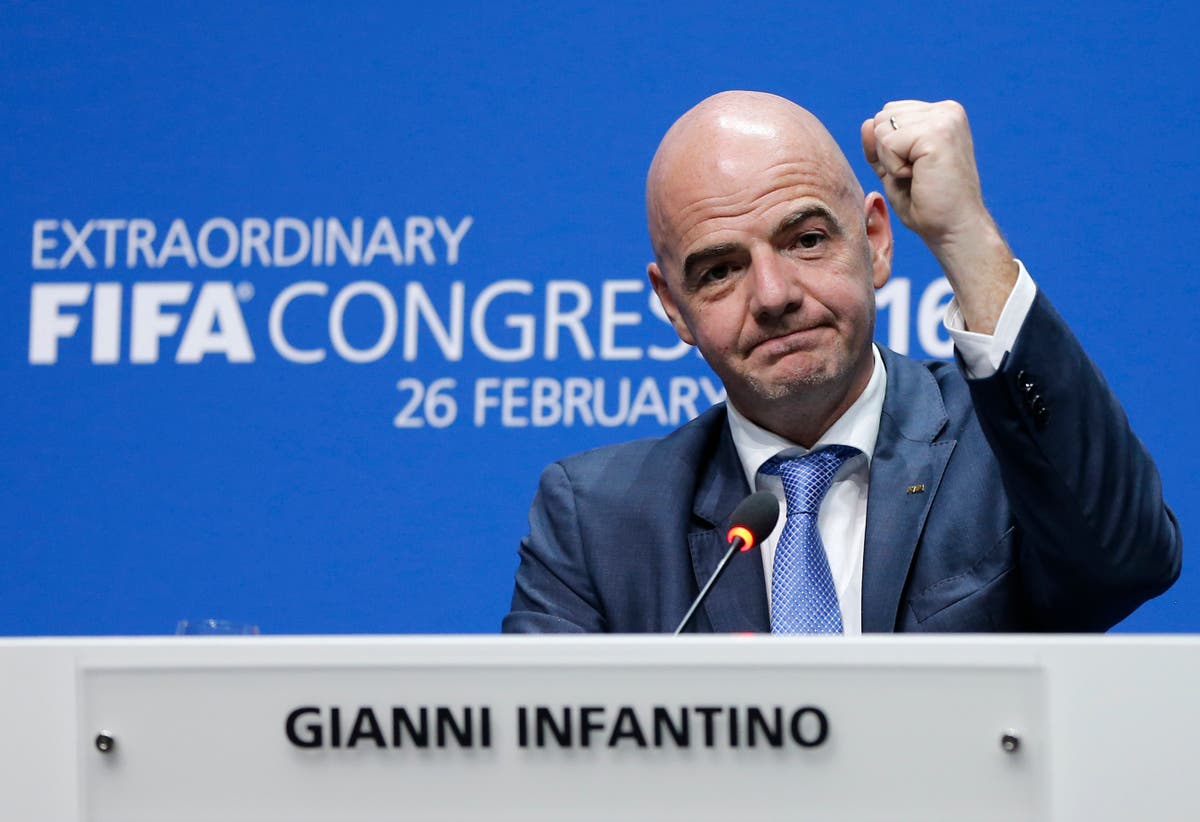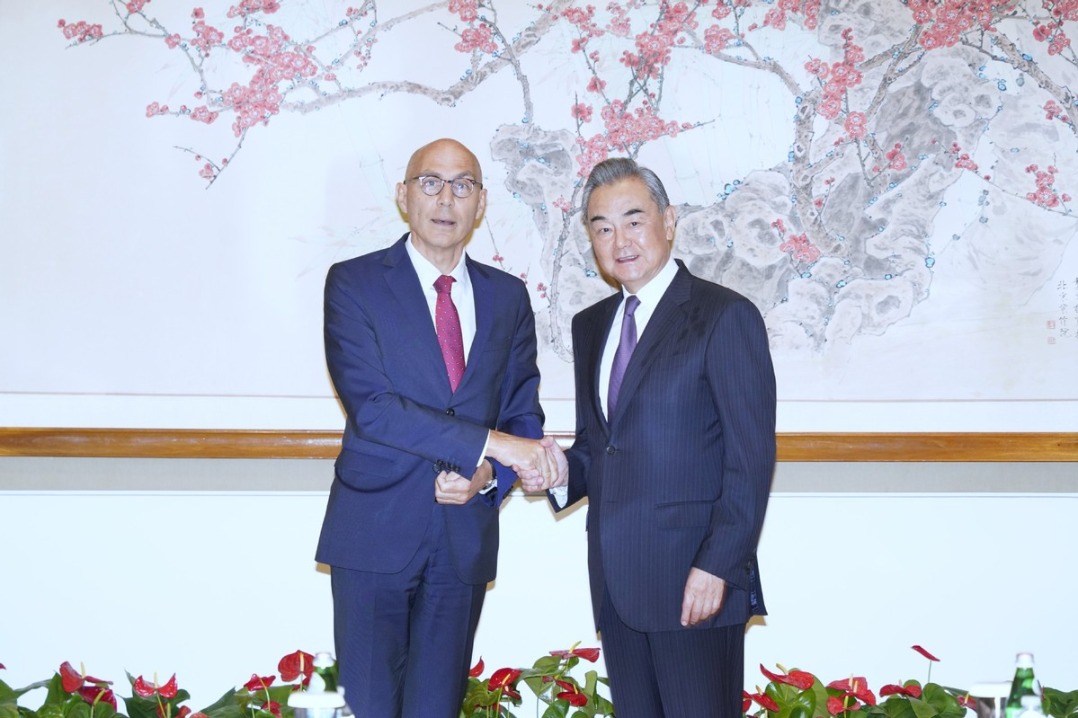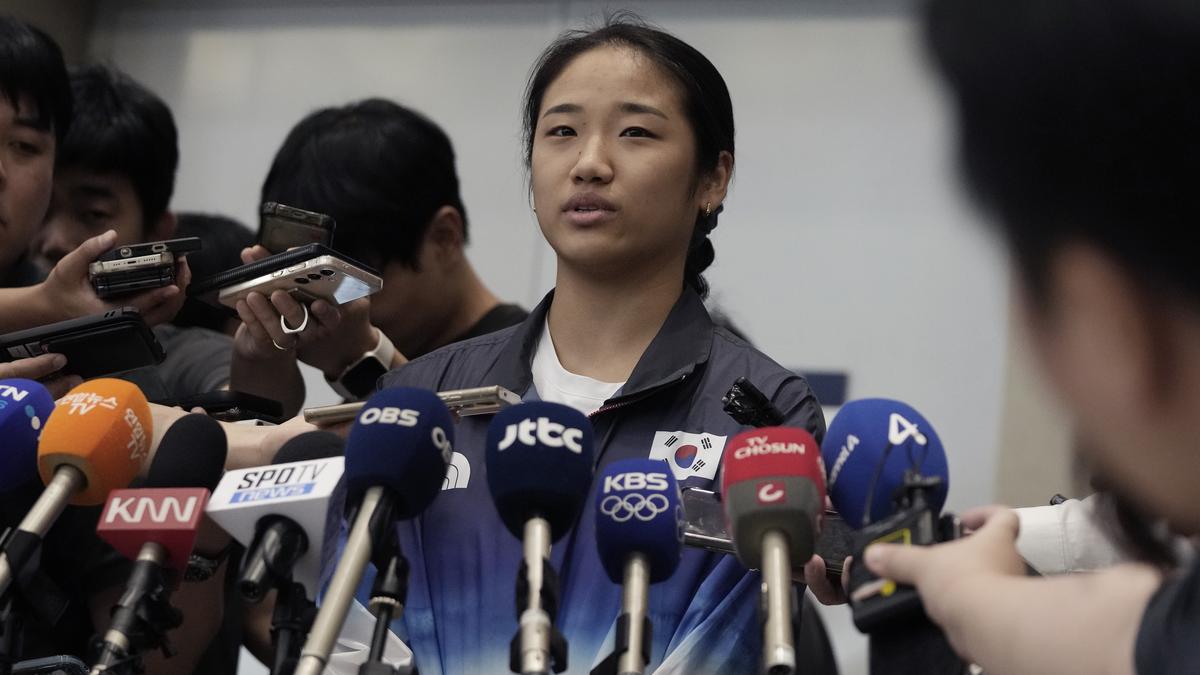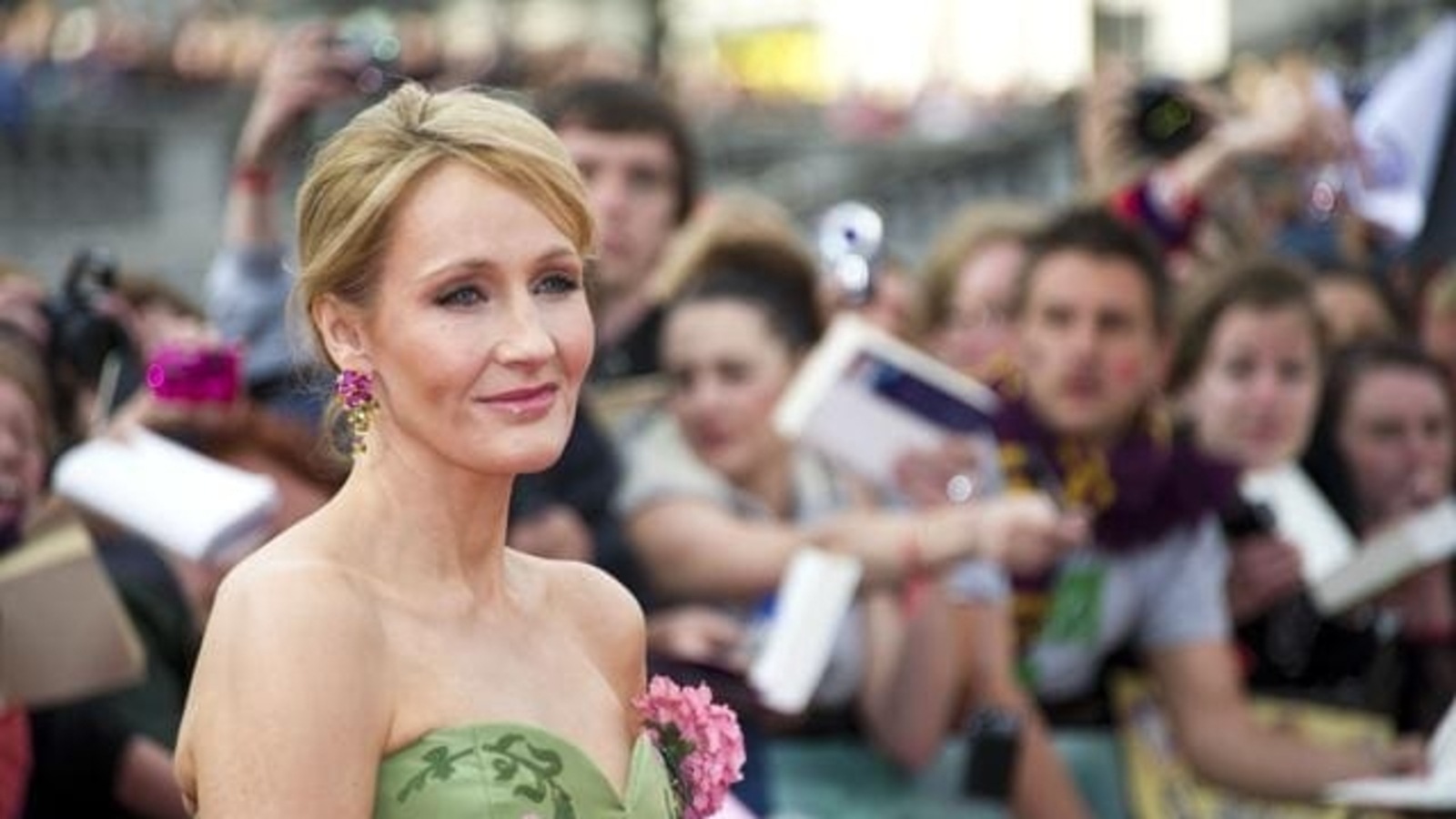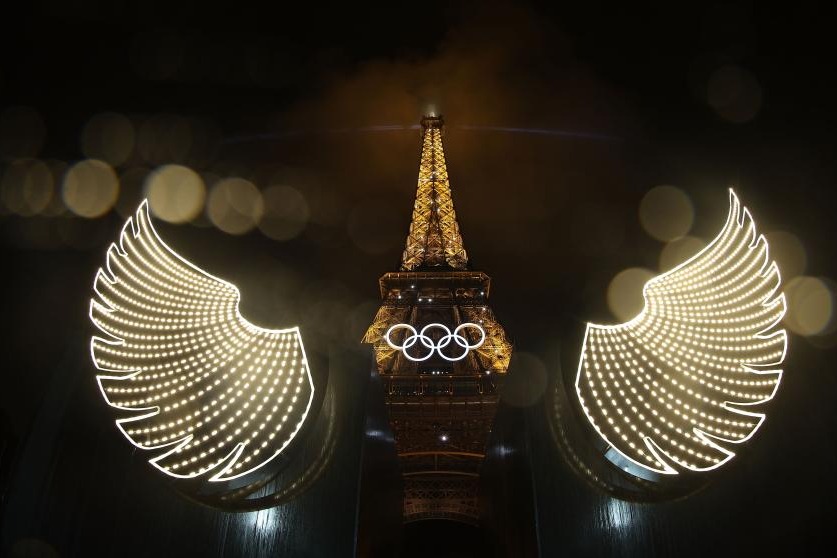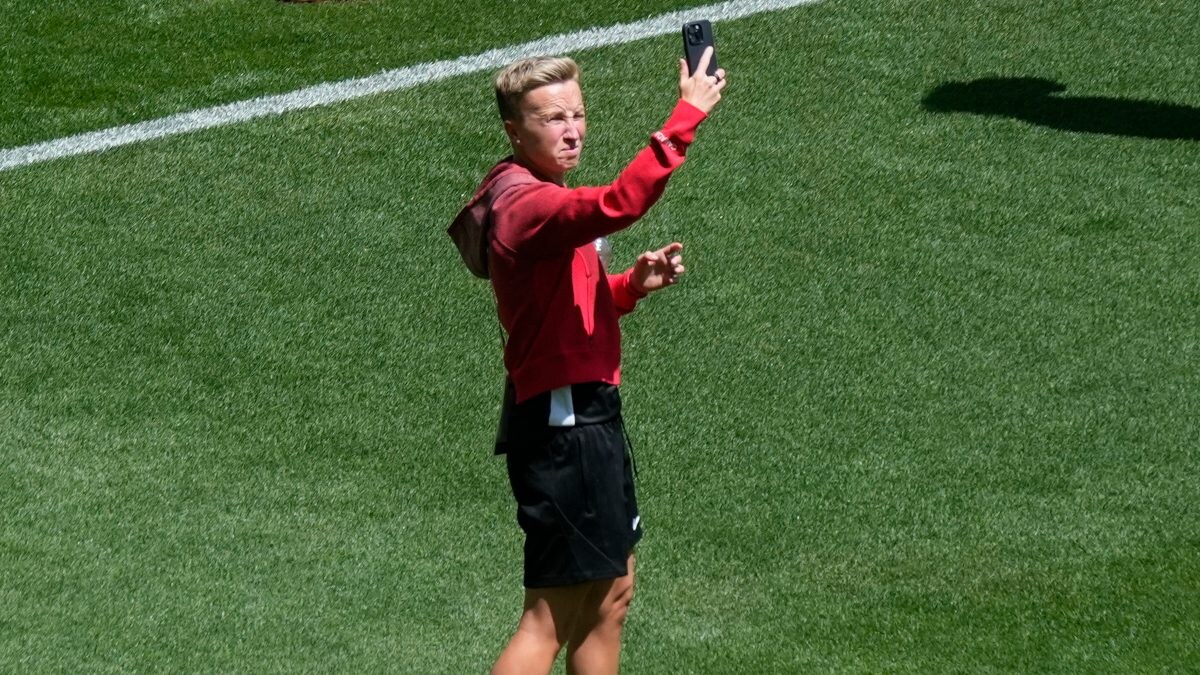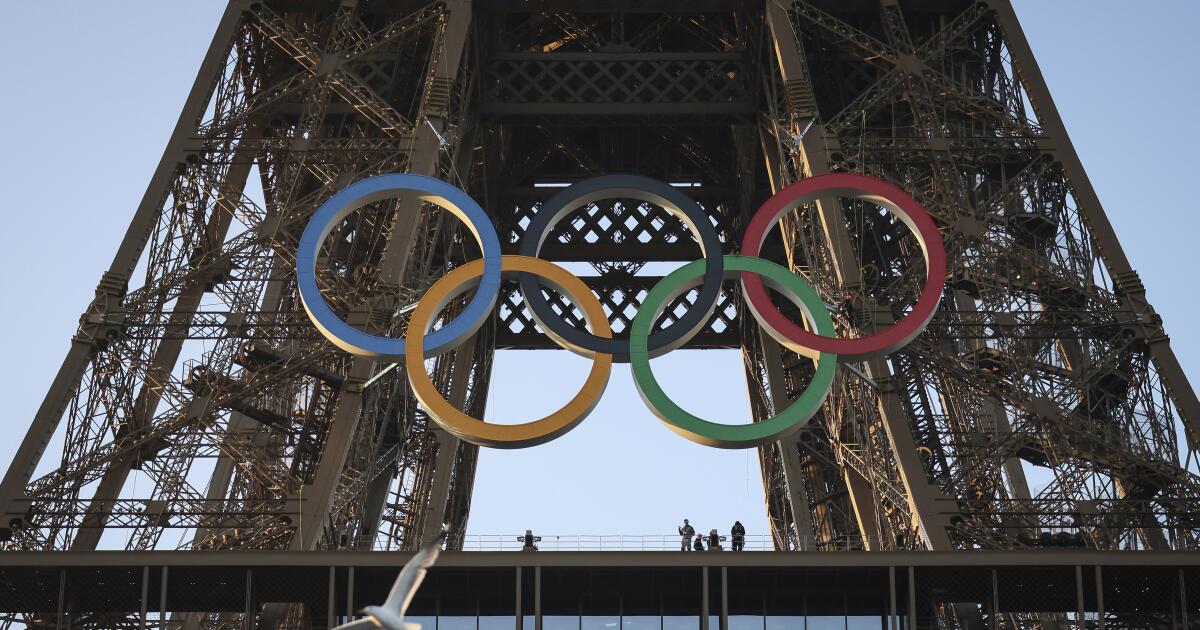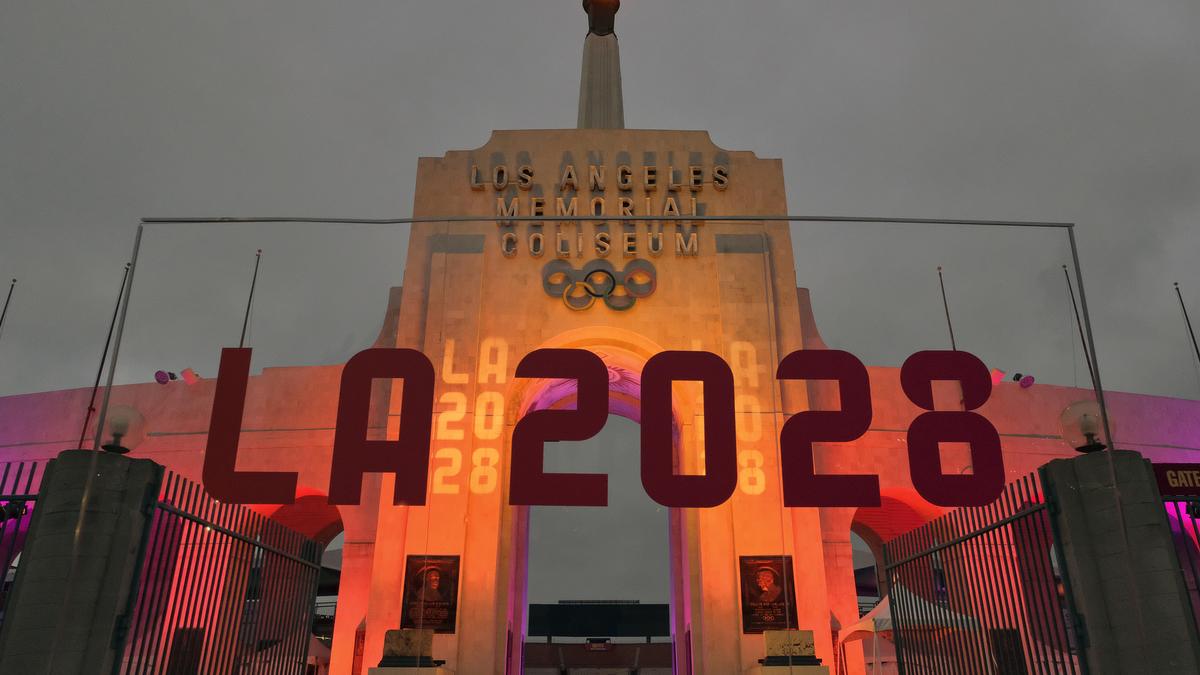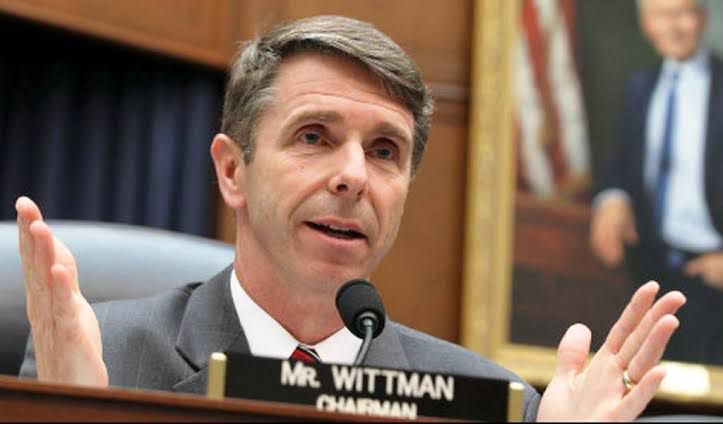
The ugly side to China hosting the Olympics has taken center stage. What happens now?
LA TimesBeijing might have seemed like the best option at the time. “This is really a safe choice,” IOC president Thomas Bach said, predicting the winner could reliably “deliver on its promises.” Seven years later, as the Feb. 4 opening ceremony draws near, Bach and his colleagues still are paying the price for selecting a host country with a reputation for human rights abuses. House Speaker Nancy Pelosi declared that allowing Beijing to serve as host city this winter “makes a mockery of the Olympic Charter, which states that the Games should seek to foster ‘respect for universal and ethical principles.’” There is historical precedent for politics intruding on the Games. “The Olympic family has put its faith in Beijing again to deliver the athlete-centered, sustainable and economical Games we have promised,” the nation’s bid committee said in a statement. “To be clear, you either have a complete boycott, and don’t send athletes, or you try to change things with useful actions.” :: Facing repeated questions about competing in China — a familiar theme at news conferences this fall — U.S. Olympic & Paralympic Committee officials stuck to the IOC’s line of reasoning.
History of this topic

Olympics: Interplay of sports, geopolitics and diplomacy
Hindustan Times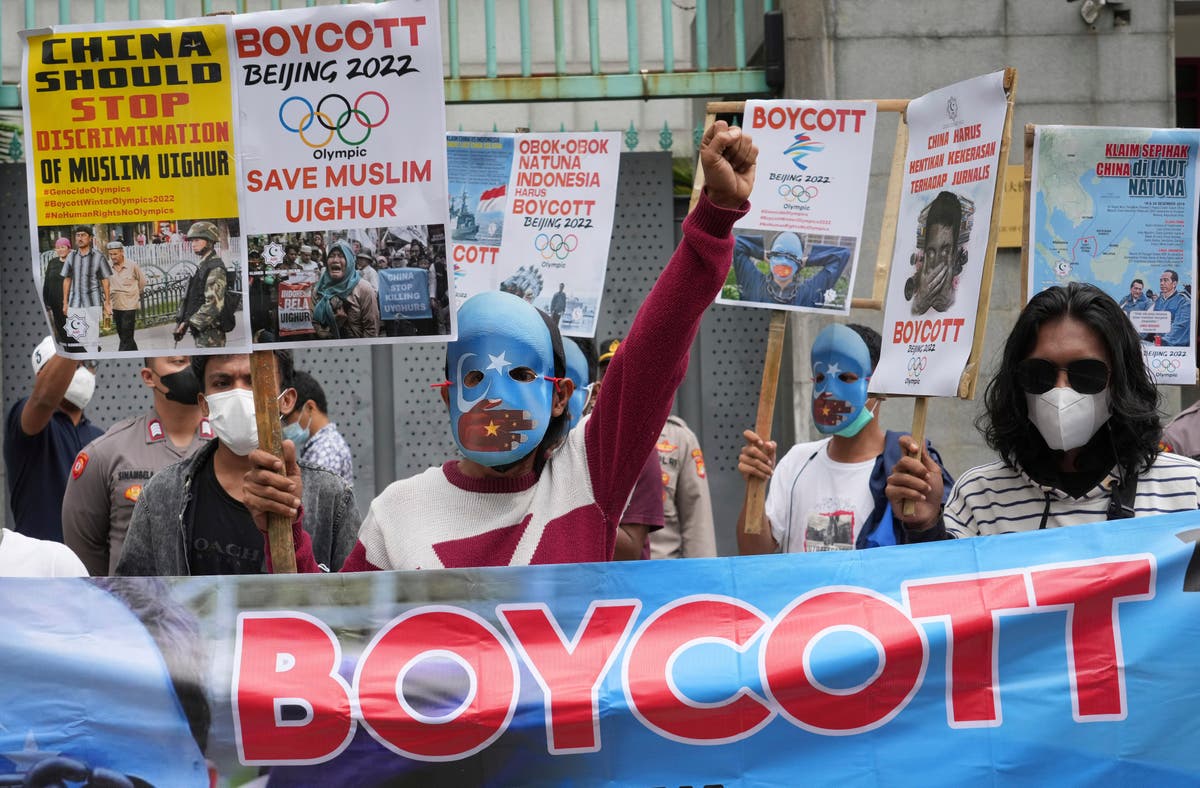
Another Beijing Olympics with human rights still major issue
The Independent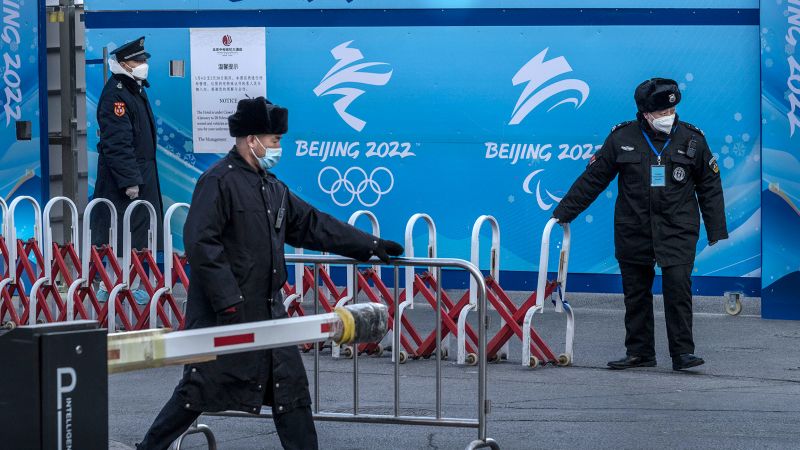
China human rights: Beijing clamps down on dissent as Olympics heat up
CNN
Life inside the Olympics bubble: Limbo between China and the world
LA Times
UN Ambassador: China Had Uyghur Athlete Be Olympic Torchbearer To Distract From Genocide
Huff Post
In Beijing, Olympic ideals coexist with authoritarian rule
Associated Press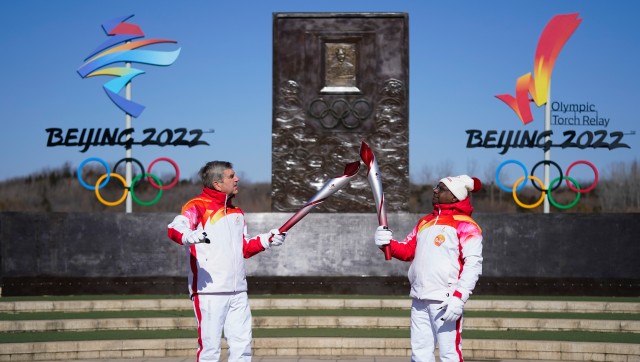)
Beijing Winter Olympics 2022: In Beijing, Olympic ideals coexist with authoritarian rule
Firstpost
Top Asian News 4:55 a.m. GMT
Associated Press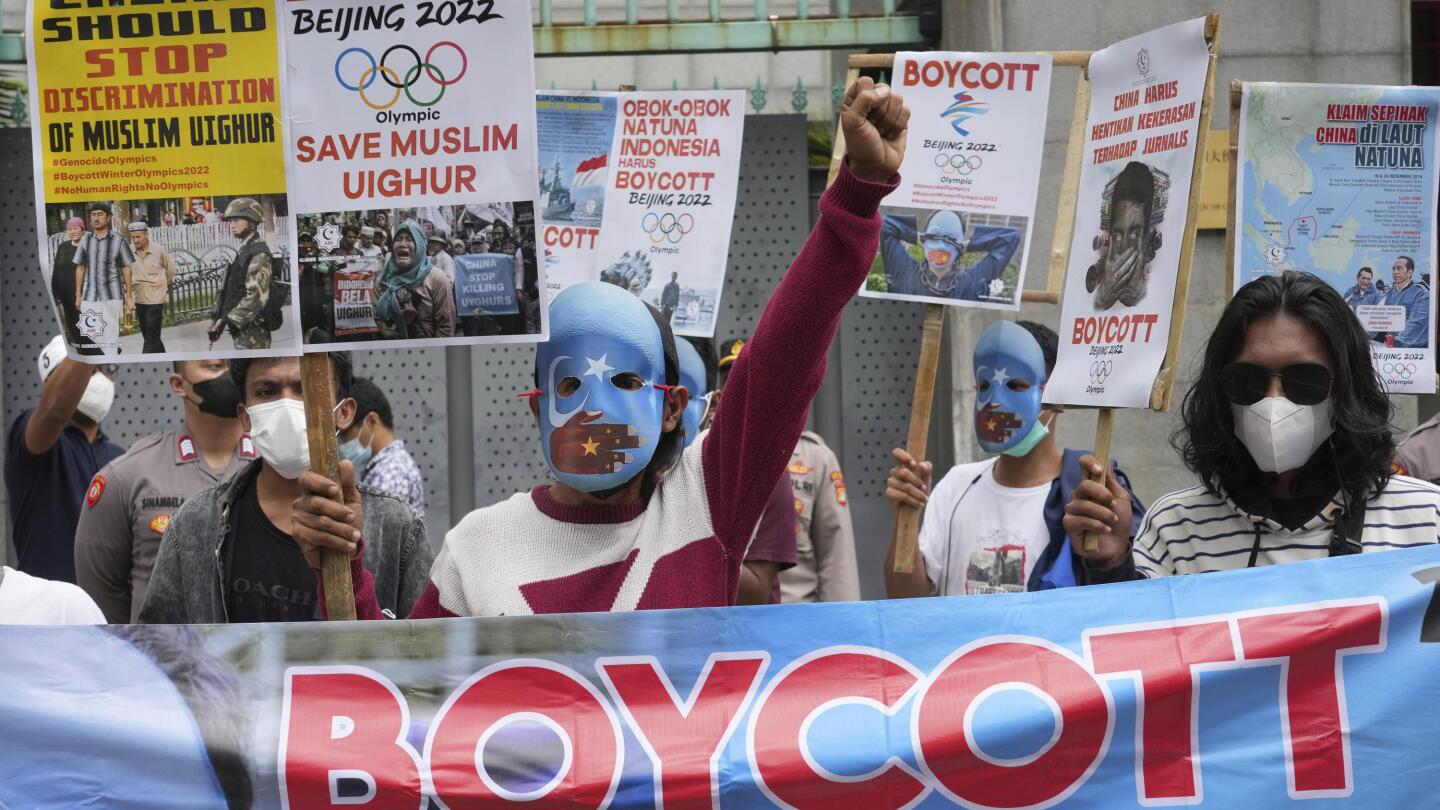
Another Beijing Olympics with human rights still major issue
Associated Press
Why the 2022 Beijing Winter Olympics will be the most awkward
CNN
Winter Olympics: What you need to know about Beijing 2022
Al Jazeera
The ‘Feel Guilty Games’?: China human rights issues have forever marked the Beijing Olympics
LA Times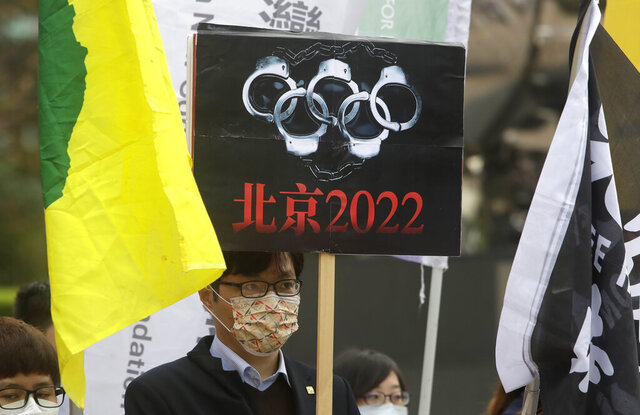)
Speak out against 'genocide games': Activists urge athletes participating in Beijing Olympics
Firstpost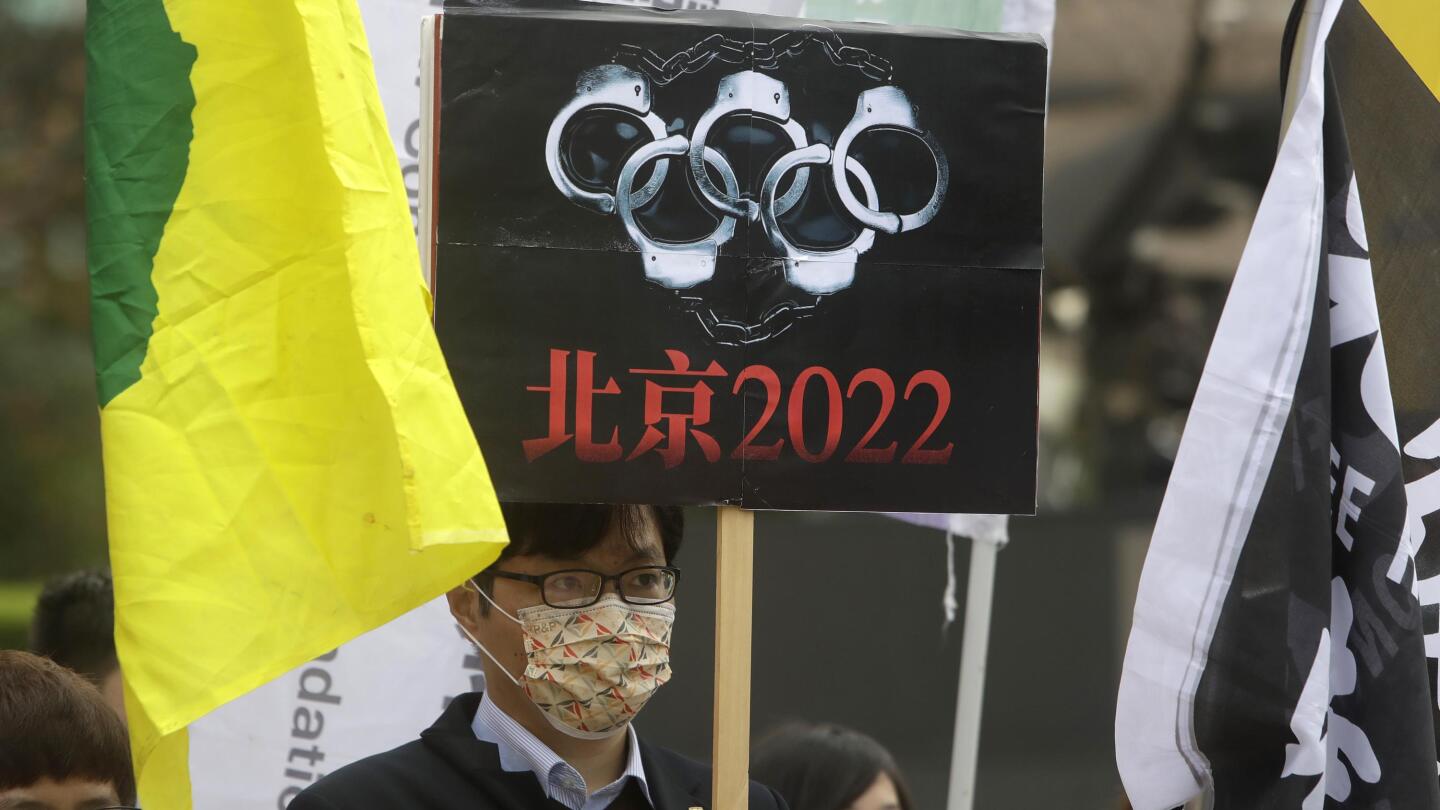
Activists urge athletes to speak out at Beijing Olympics
Associated Press
Tough trip to China ahead, Anderson sees gift of world stage
The Independent
Beijing 2022: Athletes warned about speaking out on human rights
Al Jazeera
Olympic athletes urged by activists not to criticize China
Associated Press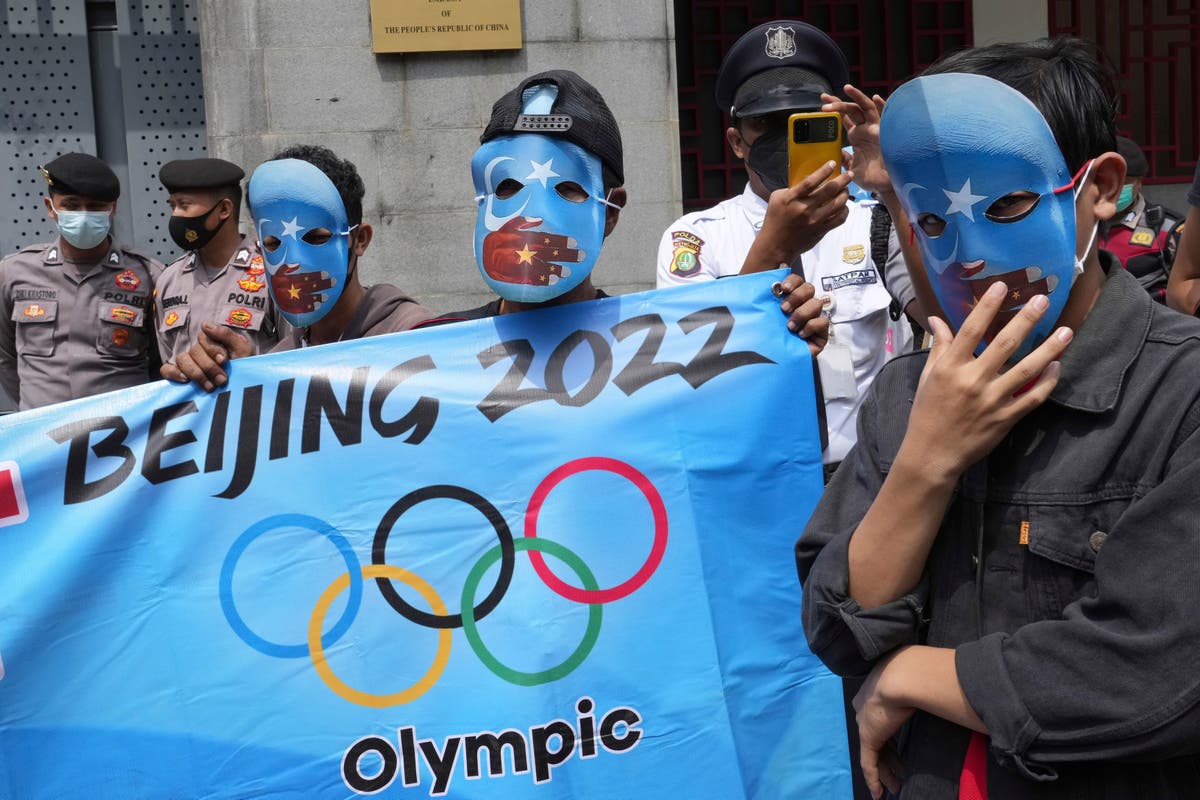
Olympic athletes urged by activists not to criticize China
The IndependentDiplomatic boycott of Beijing Games ‘meaningless’ - Coe
The HinduNo regrets in awarding Games to China, says IOC's Pound
The HinduCanada joins US and allies in Beijing Olympics boycott
The Hindu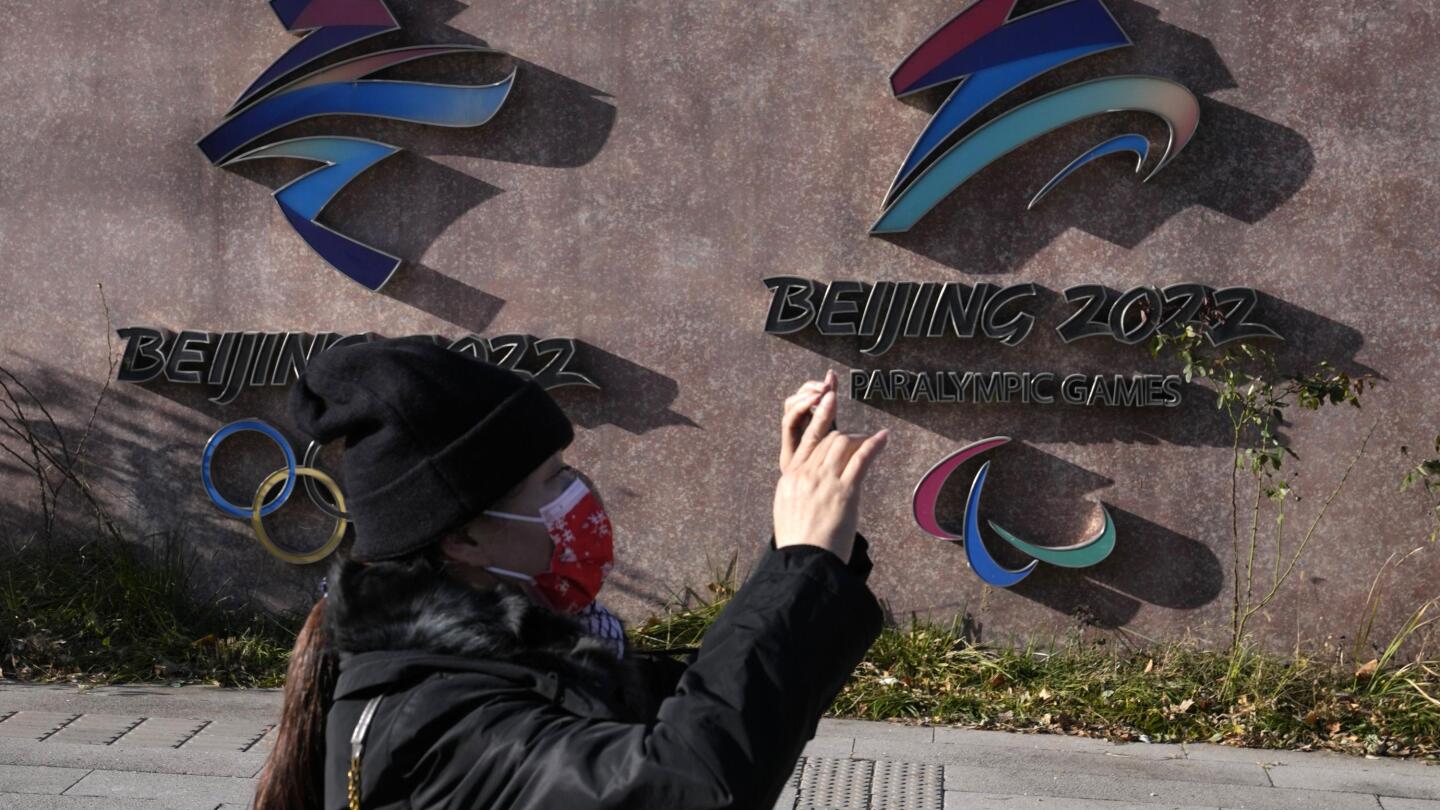
China says US diplomatic boycott violates Olympic spirit
Associated Press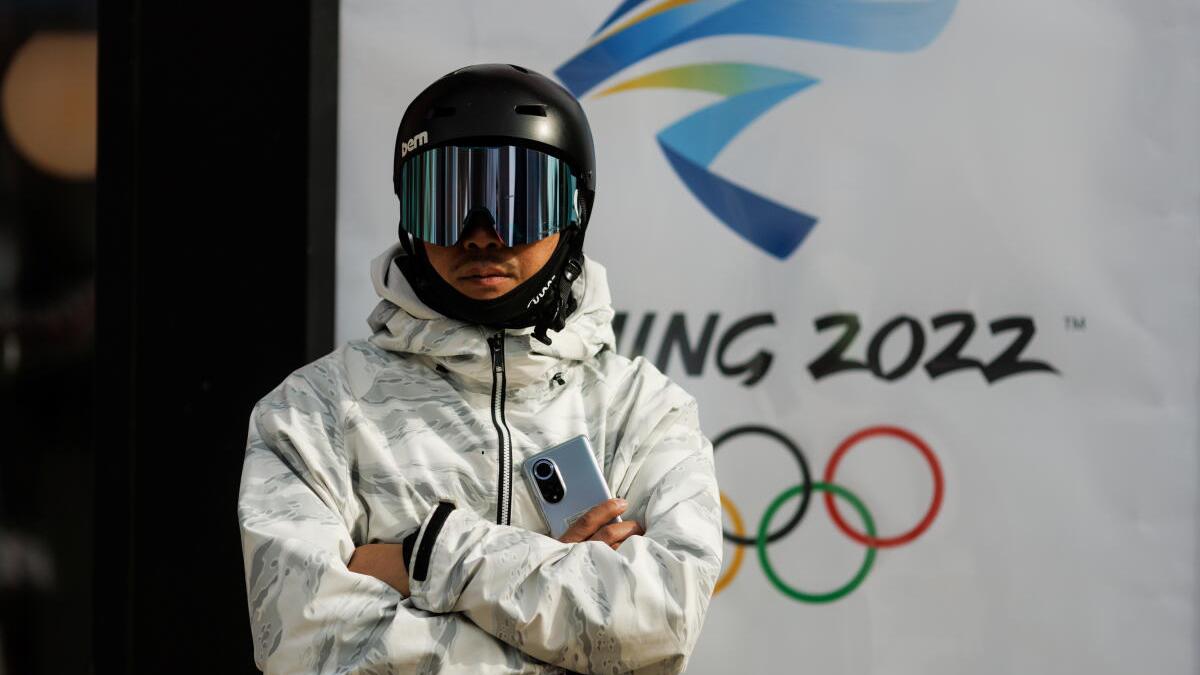
Kremlin slams US Olympics boycott, says Games should be 'free of politics'
The Hindu)
IOC 'respects' US diplomatic boycott of Beijing Winter Olympics
Firstpost)
Beijing threatens retaliation if US boycotts Winter Olympics
Firstpost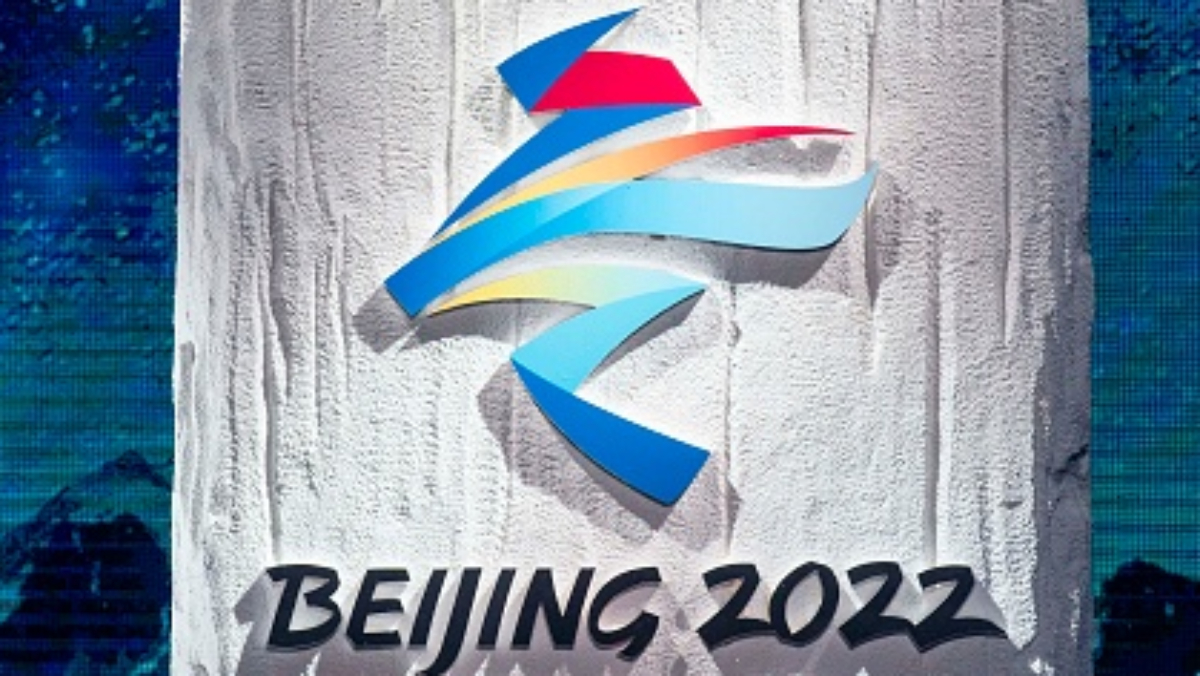
China threatens retaliation if US boycotts Beijing Winter Olympics 2022
India TV News
White House announces US diplomatic boycott of 2022 Winter Olympics in Beijing
CNN
Biden Mulls Diplomatic Boycott Of Beijing Olympics; China Says 'Politicising Sports' Hurts Olympic Spirit
News 18
Sponsors asked to defend support for Beijing Winter Olympics
Associated PressSponsors asked to defend support for Beijing Winter Olympics
The Hindu
Beijing Olympics get ‘gold for repression’ in labor report
Associated Press
IOC VP: Chinese human rights not a concern before 2022 Games
Associated Press)
China human rights record 'not our remit,' says IOC's John Coates ahead of Beijing Winter Olympics
FirstpostIOC's Coates rules out pressuring China over human rights
The Hindu
Winter Olympics: IOC says China human rights ‘not within’ remit
Al Jazeera
Why boycotting the Beijing Winter Olympics could backfire
CNN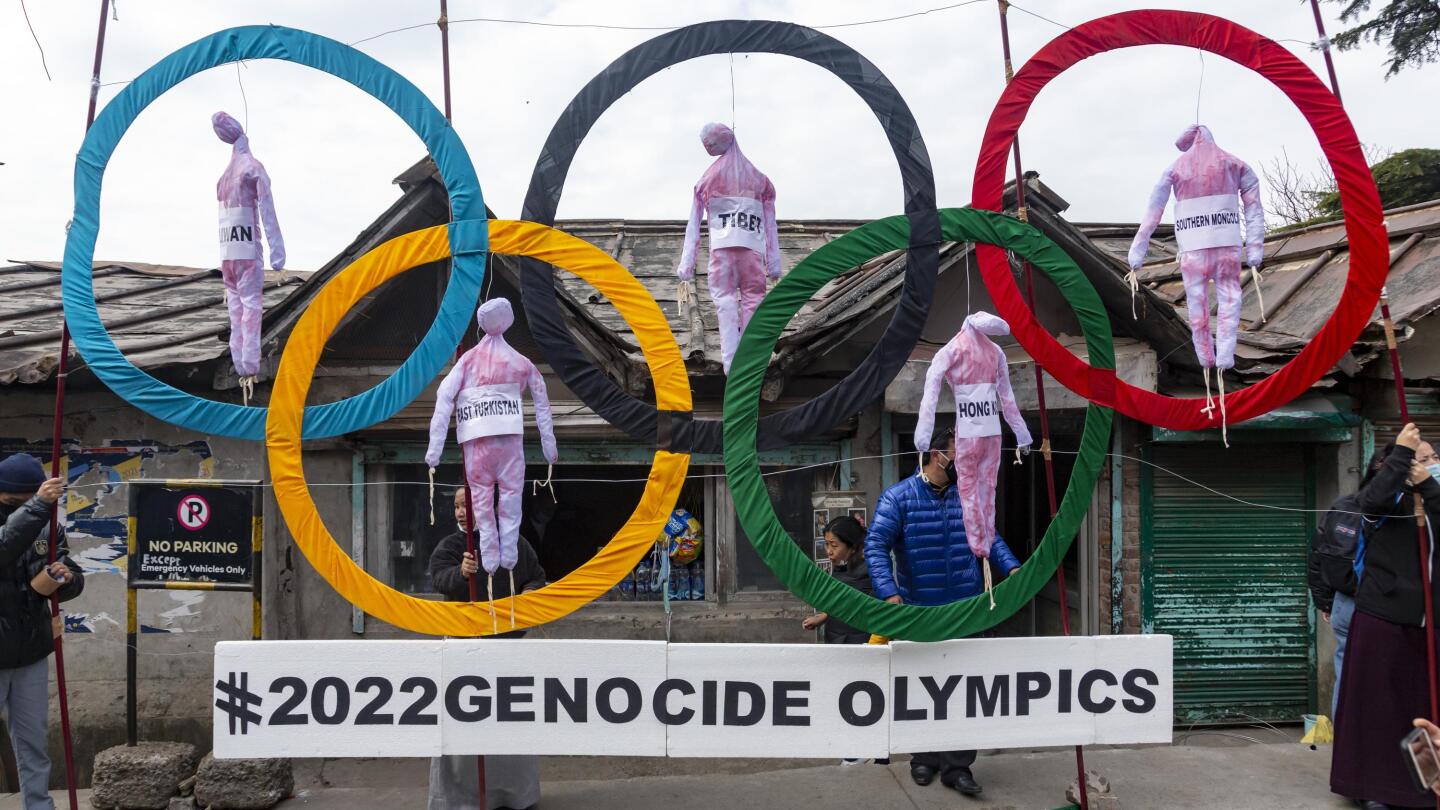
Broadcasters urged to cancel plans to cover Beijing Olympics
Associated PressBeijing Olympics: Broadcasters urged to cancel coverage by human rights groups
The Hindu
Jules Boykoff
The Diplomat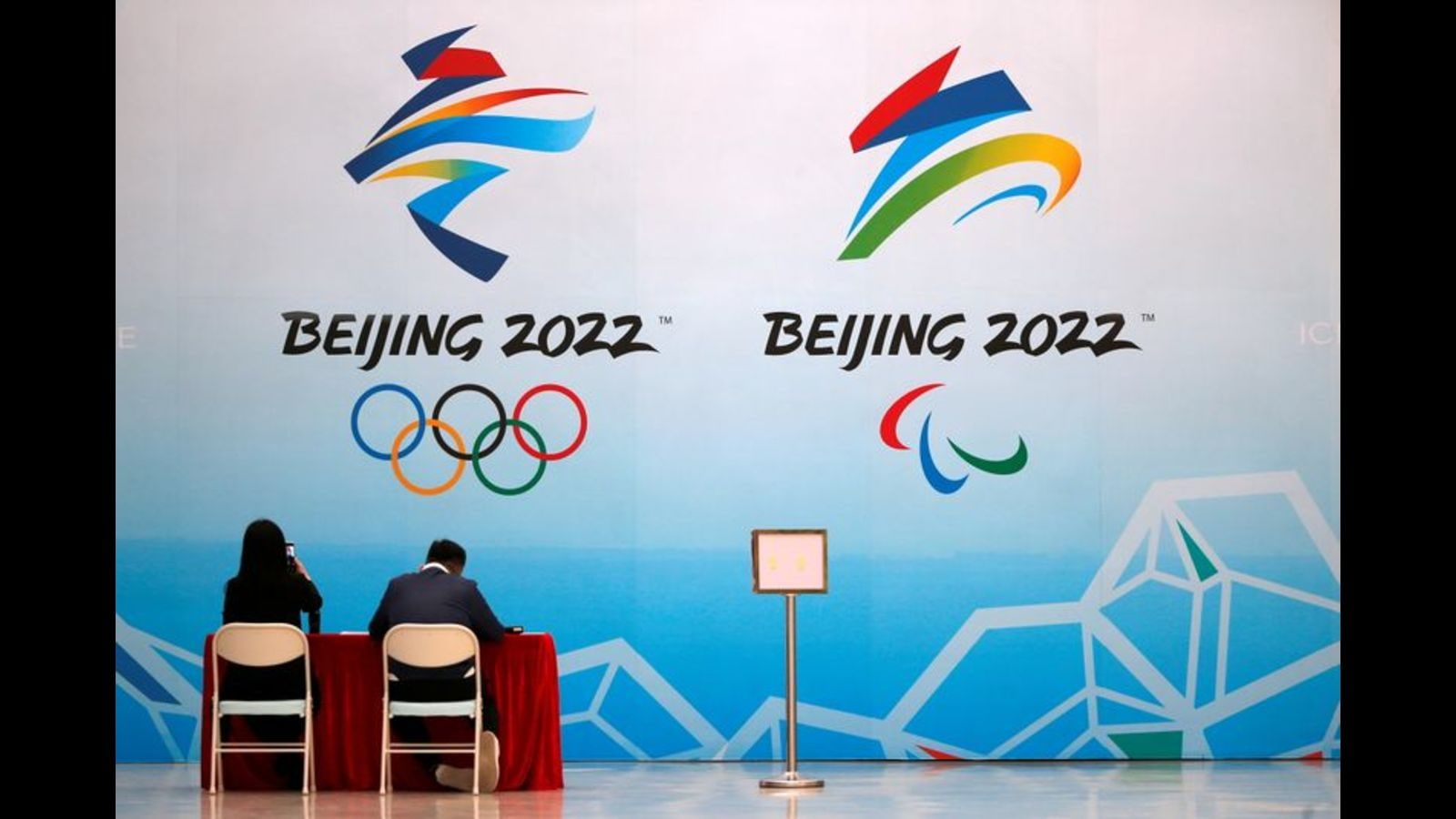
China, US clash over Winter Olympics boycott call
Hindustan Times
Coalition Calls For Boycott Of Beijing Olympics Over Alleged Human-Rights Abuses
Huff Post
AP Exclusive: Full-blown boycott pushed for Beijing Olympics
Associated Press)
China Hits Out at US over Beijing Olympics Boycott Row
News 18
EXPLAINER: Beijing 2022 Winter Olympics and some options
Associated Press)
US Weighs Joint Approach to Beijing Olympics with Allies
News 18
US weighs joint approach to Beijing Olympics with allies
Associated Press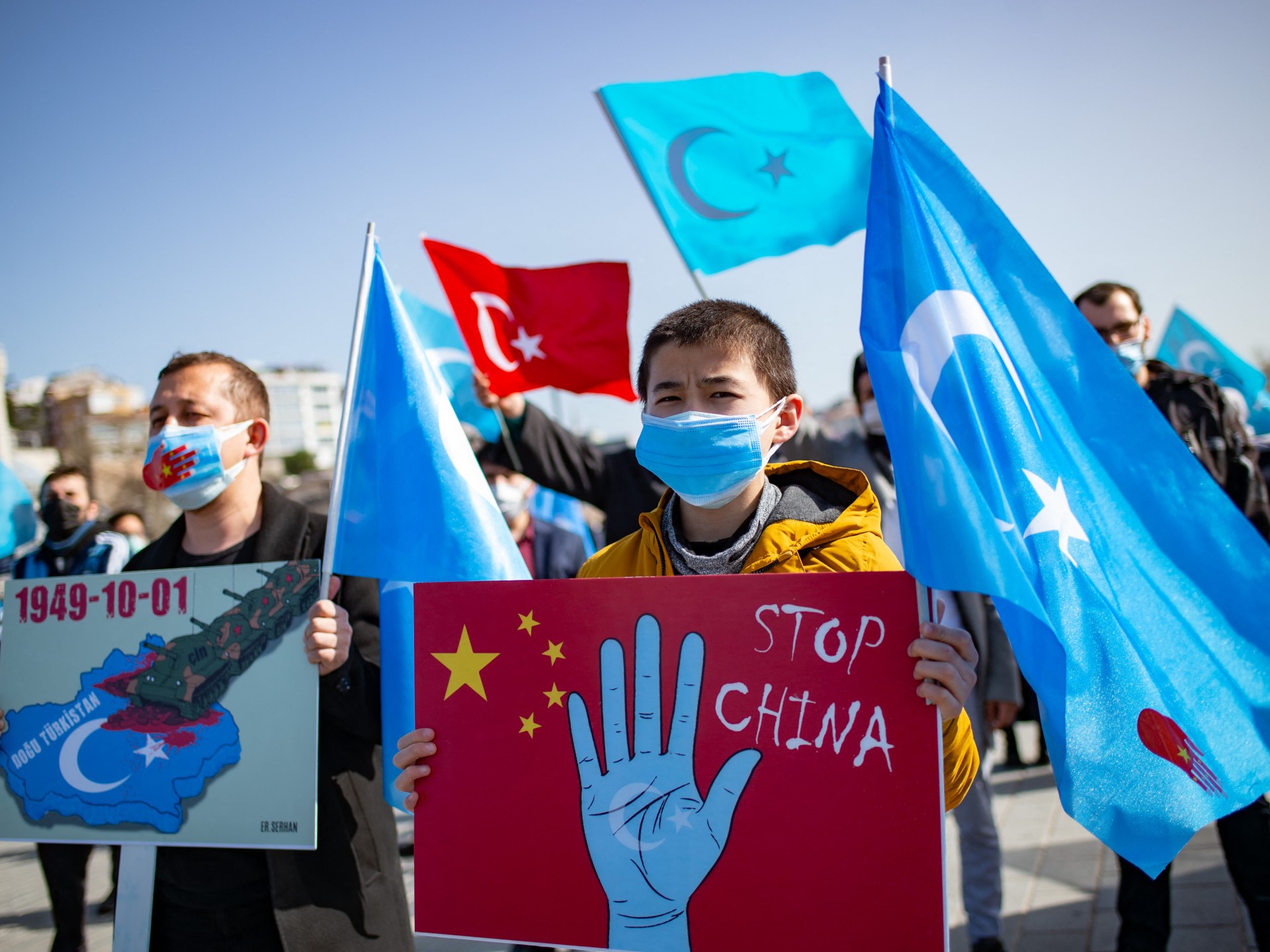
Is China losing control of the Uighur narrative?
Al Jazeera)
Rights groups, international lawyers target sponsors like Airbnb for 2022 Beijing Winter Olympics
Firstpost
Rights groups target sponsors like Airbnb for Beijing Games
Associated PressDiscover Related

